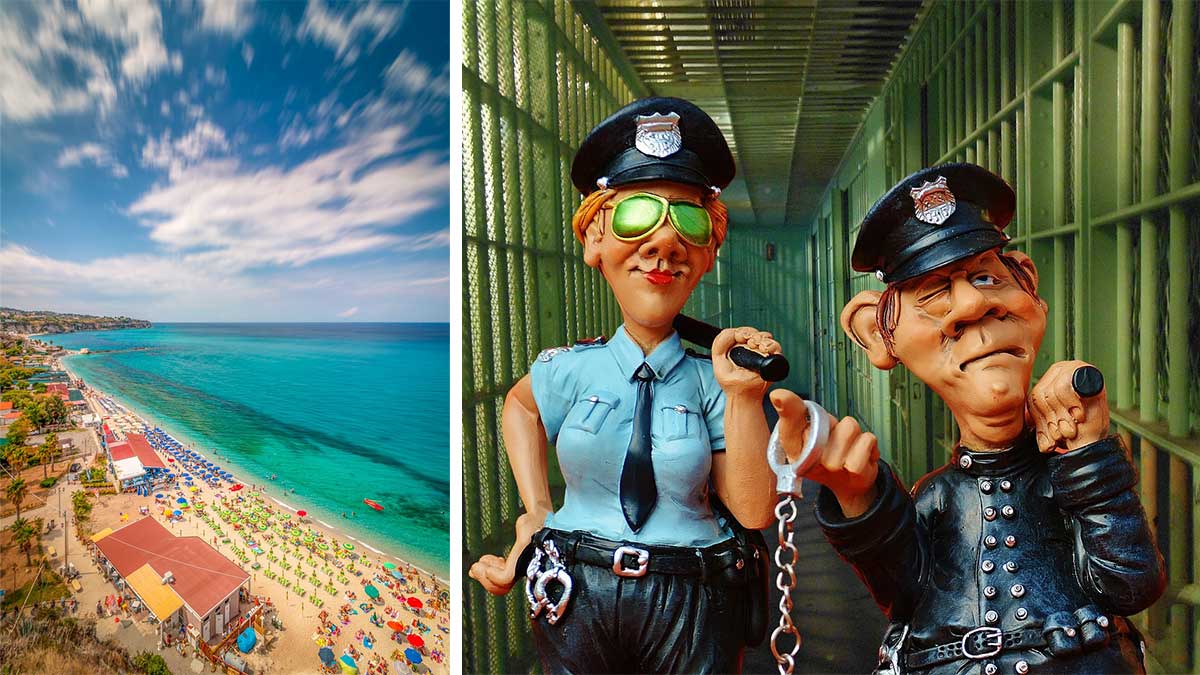Italy is a European country that attracts millions of tourists every year. It is always warm here, there is the sea, mountains, and also the famous Italian cuisine, many ancient sights and objects of world art. At first glance, rest here does not bring any trouble. However, tourists in the country often break the laws and risk being arrested. About what tourists most often end up in the police for – in the material of DIP.
Antique souvenirs
On the territory of Italy, many ancient buildings have been preserved. The most famous of them is the Colosseum, and the baths, forums, and squares have also been preserved. The whole ancient city of Pompeii is still partially closed to tourists due to archaeological excavations. However, tourists want to take away a part of antiquity as a souvenir, so they often try to break off and steal stones or slabs from buildings. Tourists are always caught for this, as there are video cameras everywhere. Such a crime can be punished with imprisonment for up to 15 days and a fine.
Sunbathing topless
On the municipal beaches of Italy (and there are most of them in the country), topless sunbathing is prohibited. Tourists are often complained about by locals who come to relax with their children. Such complaints to the Italian police are infrequent, but incidents do occur. If a girl wants to sunbathe naked, she must use private beaches, the entrance to which is paid.
However, in some regions of Italy, women can sunbathe topless, but not all. For example, in the city of Tropea, since 1982, a law has been in force that allows you to show bare breasts on the beaches. However, there is a nuance. Only those women “whose breasts deserve to be shown” can sunbathe topless. That is, it is mainly about girls.
Sneak to closed attractions
At first glance, this ban seems obvious, but some tourists do not comply with it. In Italy, there are a lot of ancient buildings and castles that are privately owned. Also, some natural attractions are prohibited to visit. For example, tourists often close the road to the craters of Vesuvius. Nevertheless, travelers go to great lengths for beautiful photos on social networks. However, they end up behind bars. The punishment depends on where the tourists go, but most often they get off with a serious fine.

